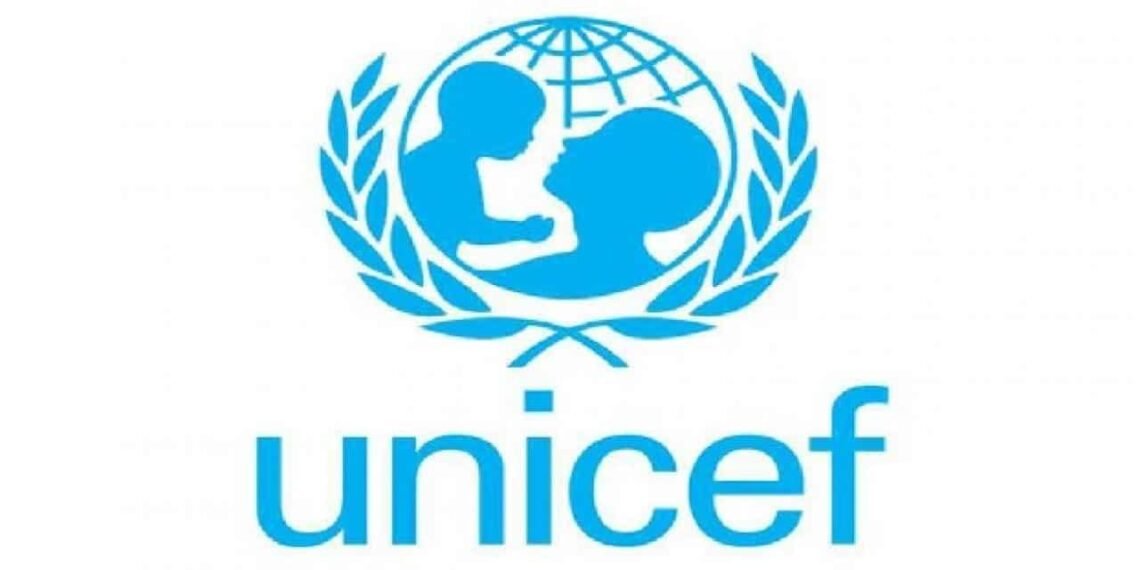The United Nations Children’s Fund (UNICEF) has committed to addressing social protection issues in Nigeria, emphasizing that it should be viewed as a vital necessity rather than a luxury.
This announcement coincided with the launch of the Supporting Sustainable Social Protection Systems in Nigeria (SUSI) project in Oyo State.
The Head of UNICEF’s Lagos field office, Celine Lafoucriere, speaking at the event in Ibadan, highlighted that social protection is fundamentally about ensuring dignity for families and communities.
Representing UNICEF Nigeria’s Country Representative, Saeed Wafaa, Lafoucriere stated that “when we discuss social protection, we are discussing dignity.
“We are referring to that mother in a rural area who can send her child to school instead of making them work on the farm; families who can access healthcare without having to choose between buying medicine or food; and communities that can withstand economic shocks because they have systems in place to support them.”
She praised the Oyo State government for its initiatives, including the social protection policy, the establishment of a social protection coordination department, a draft bill pending legislative approval, and programs like free basic education, home-grown feeding, and the Oyo State Health Insurance Scheme.
Read Also:
- Canada, UK, UNICEF hand over 55 climate-resilient facilities to Kano State Government
- UNICEF tasks journalists on ethical reportage of children’s issues
- Kano shines as GAVI, UNICEF, Gates Foundation, WHO Solar-Power 28 Primary Healthcare Centres
Lafoucriere noted, however, that significant challenges remain, with 48.7 percent of the state’s population and 72.7 percent of children aged 0–17 living in multidimensional poverty, while only 11 percent are included in the social registry.
She pointed out that merely two percent of the population currently receives any form of social assistance, underscoring the urgent need for increased investment.
UNICEF’s Program and Social Policy Manager, Muhammad Okorie, mentioned that the organization has collaborated with government agencies to identify and document poor and vulnerable households in the social register.
“We aim to increase the number of households in the state social register. By the end of 2026, we anticipate that an additional 250,000 households will be included,” Okorie stated.
He also noted that the register would be interoperable, enabling ministries, departments, agencies, and partners to access it to provide services to those in need.






